Naturalization Application
Naturalization Process for Philippines Nationals
- 2024.05.08
Naturalization is the process by which a foreigner acquires Japanese citizenship in Japan.
By naturalization, a foreigner can change to a Japanese name, obtain a family register, and acquire the same rights as a Japanese national, such as social security rights and the right to vote. To become a naturalized citizen, you must submit the necessary documents to the Legal Affairs Bureau or District Legal Affairs Bureau with jurisdiction over your address and obtain permission from the Minister of Justice.
The Philippines, officially the “Republic of Philippines”, is an archipelagic nation consisting of 7,641 islands and is located in South East Asia. Currently, there are approximately 310,000 Filipinos living in Japan (Immigration Bureau census on residing foreigners as of the end of June 2023). They mostly stay in Japan via visas like Engineering/Humanities/International Service, Dependents, Student visa, etc.
The number of Filipinos living in Japan has increased by about 10,000 compared to the same time last year (end of June 2022) and trend to increase annually.
Therefore, this time, we will thoroughly explain the naturalization process and points to note for Filipino nationals who want to naturalize in Japan and acquire Japanese nationality!
Points to Keep in mind when applying for naturalization in general
|
(Common requirements) First, check if you can be naturalized! |
||
|---|---|---|
|
Domicile Requirement |
[Points to note]
|
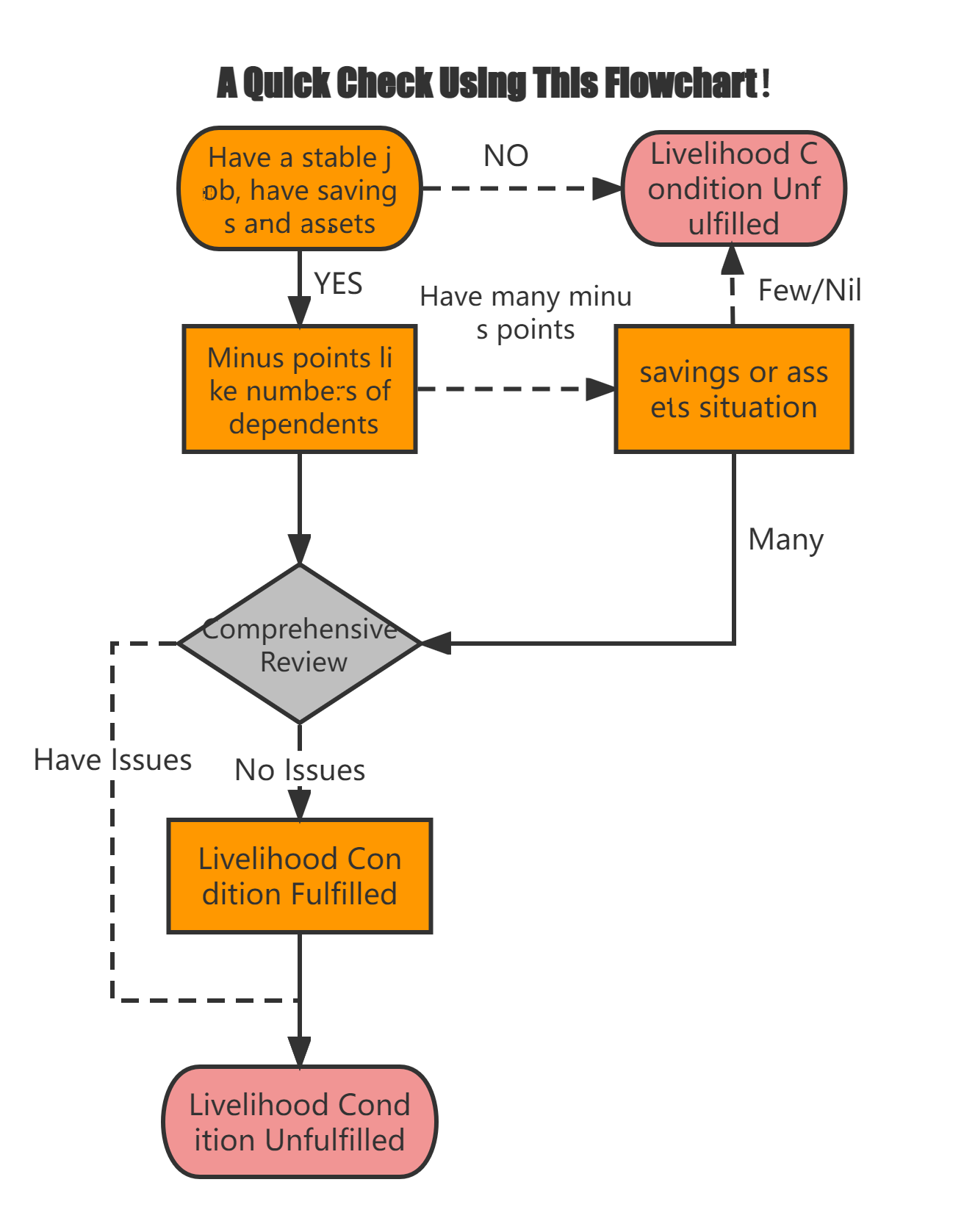 |
|
Livelihood Requirements |
※Naturalization tends to become more difficult every year, and as a general guideline, a household of one person should have at least 3 million yen/year.
[Points to note] ・If you have more than one dependent for the purpose of tax reduction without actual status, it will be a problem. ・If you have some debts or debts such as loans, etc., but they do not affect your life, it is OK. |
|
|
Behavior Condition |
[Points to note]
(Even if there is no violation, for example, if the relative is a burden to Japanese society, such as welfare, it will be viewed negatively.)
|
|
|
Japanese Proficiency |
|
|
Required documents for naturalization application for Philippines nationals
*The documents to be submitted and the procedure may differ depending on the customer’s situation and the Legal Affairs Bureau.
(1) Application Form for Naturalization (with photo)
*Facial photos (5 cm (H) x 5 cm (W)) to be affixed to the application form X 2
*The photo must be taken within 6 months before the application.
*If the applicant is under 15 years of age, the photo must be taken with his/her legal representative (parents, etc.).
(2) A Document Describing the Relative’s Profile
*Escribe accurately based on a copy of the family register or other documents.
Include information such as their intention to support or oppose naturalization and, in the case of relatives residing in Japan, their telephone number and contact information.
If there are relatives who cannot be contacted or who oppose naturalization, please consult a specialist or the Legal Affairs Bureau.
(3) Resume
*Some resumes require substantiating documents.
e.g.) If you are a student: Certificate of enrollment/last diploma or a copy of diploma.
e.g.) If your skills are listed: Certificate or other written materials attesting to your qualifications
e.g.) If you have a driver’s license: a copy of the front and back of the driver’s license
(4) Letter of Motivation for Naturalization
*This must be handwritten.
Your Japanese language ability will also be checked here, so be careful not to use incorrect Japanese.
(5) Written oath
(6) Documents Certifying Nationality and Status
Birth Certificate
Marriage Certificate
Divorce Certificate
Death Certificate
(x) Nationality Certificate
➡There is no Nationality Certificate in the Philippines
(x) Certificate of Kinship
➡ There is no Certificate of Kinship in the Philippines
*As there is no Nationality Certificate or Certificate of Kinship in the Philippines, you need to provide equivalent documents.
For details, please refer to 3-2. About Nationality Certificate and Certificate of Kinship
(7) Entry and Departure Record
* A statement of immigration history from the time of landing in Japan to the present.
Accurately describe your immigration history based on your passport information, etc.
The country of destination should also be listed.
If the number of days you have been out of the country is too long, it will affect the evaluation of your application.
(including records of expired passports)
(8) Copy of Certificate of Residence, etc.
*All applicants, their cohabitants and spouses, etc. must be listed.
(9) A document Stating a Summary of Living Arrangements
*All applicable items must be submitted.
① Proof of employment and salary
② Certificate of present value of savings and a copy of savings book
③ Copy of lease contract
④ Certificate of land/building registration
⑤ If there is a spouse or other relative who shares the same livelihood, a statement of their spending relationship.
⑥ If the applicant is financially supported by relatives from different households, the document should show the spending relationship.
*For example, if you receive ¥X0,000 /month from your parents in Sri Lanka, a record of remittance from Sri Lanka, and a record of payment in your bank book in Japan.
*Based on these documents, the applicant’s ability to make a sufficient living in Japan, etc. will affect the screening process.
(10) Documents Describing the Outline of Business
① Certificate of Registered Matters of the company or other legal entity
② A copy of the business permit or license
(11) Tax Payment Certificate, etc.
<For Employees>
① Withholding Tax Certificate
② Certificate of tax payment, certificate of taxation, or certificate of exemption from taxation for prefectural and municipal inhabitant’s tax
<For Sole Proprietors, etc.>
① Gensen Choshuhyo (Certificate of Withholding Tax)
② Tax return (including financial statements)
③ Income tax payment certificate
④ Business tax payment certificate
⑤ Consumption tax payment certificate
⑥ Certificate of tax payment, certificate of taxation, or certificate of tax exemption for prefectural and municipal inhabitants’ tax
⑦ Copy of tax payment certificate
<For Corporate Officers, Managers, etc.>
① Tax return
② Financial statements
③ Certificate of corporate tax payment
④ Certificate of corporate enterprise tax payment
⑤ Consumption tax payment certificate
⑥ Certificate of corporate prefectural inhabitant tax payment
⑦ Certificate of corporate municipal tax payment
⑧ Copy of withholding tax withholding list (applicant’s portion) and payment slip
(12) Proof of Payment of Public Pension Premiums (for the Most Recent Year)
*Submit one of the following
① Nenkin-teki-ben (regular letter of pension)
② A copy of the receipt of pension premiums, etc.
*Pension delinquency, etc. will affect the screening process as the applicant has not fulfilled his/her legal obligations.
(13) Documents Related to Driving Record
*Submit one of the following.
① Driving record certificate (for the past 5 years)
② Driver’s license history certificate (for those who have had their driver’s license revoked or canceled)
*If there are any violations, consult a specialist as a full explanation is required.
(14) A Schematic Diagram of the Vicinity of Your Home, Place of Work, or Place of Business
*State the time required from A to B etc.
Based on these materials, an examiner from the Legal Affairs Bureau will conduct an on-site inspection of your home or place of work, etc.
(15) Others
Points to note when applying for naturalization for Philippines nationals
About the documents you need to acquire in the Philippines
- Birth Certificate for:
The applicant himself/herself
Sibling(s)
Child(ren)
- Marriage Certificate for:
Parents
The applicant
- Divorce Certificate *If ever had a divorce (parents/the applicant)
- Death Certificate *If any deceased relatives (parents/sibling(s)/child(ren))
- Written Declaration from the Parents
As documentation of identity. A written declaration from the parents must be submitted.
The declaration is a document signed by both parents indicating that they are related.
We will prepare an example of such a statement for each applicant’s case.
■ Documentary proofs from the Philippines
Depending on the area, the document may show the hospital name as the Place of Birth.
The place of birth on the application for naturalization must include the address of birth (down to the smallest administrative division), not the name of the hospital.
Depending on the situation, you may be asked to provide the website home page, etc. that shows the hospital’s address.
■ About Filipino names
As Filipino names can be relatively long, documentary proofs may have some spelling mistakes on names. As names are important information that identifies individuals, in extreme cases, mistakes in names in proofing documents may confuse or mislead the examiner. We recommend explaining those mistakes with an Affidavit or a letter of explanation.
■ About translation of Filipino documents
As the official languages of the Philippines are Filipino and English, it mostly will not be difficult to get the documents in English. However, for naturalization applications, the translation needs to be in Japanese only. Names of people and locations should be written in Katakana.
Furthermore, one thing of note when translating documents is, that the same name of locations or people may be translated differently. As the names of people and locations are important information for identifying individuals, those discrepancies may confuse or mislead the examiner. So please prepare those documents carefully.
About the Nationality Certificate and the Certificate of Kinship
■ Nationality Certificate
As we mentioned above, the Philippines does not have a Nationality Certificate.
Therefore, a document equivalent to a Nationality Certificate is needed.
Specifically,
An Apostille-certified Birth Certificate issued by the Philippine Statistics Authority and a passport within the effective date can be used in place of the Nationality Certificate.
Note here the Birth Certificate needs to be issued by the Philippine Statistics Authority plus certified by an Apostille issued by the Department of Foreign Affairs.
Please refer below to the procedure for applying for documents from the Philippine Statistics Authority.
PSA (NSO) Online Certificates Worldwide Delivery (psaserbilis.com.ph)
The Apostille certification can be received by the Philippine Department of Foreign Affairs.
Since both Japan and the Philippines are contracting states of the Hague Convention, the Apostille certification by the Philippine Department of Foreign Affairs allows the Japanese administrative agency (Legal Affairs Bureau in the case of naturalization) to verify that these documents in the Philippines are indeed issued by an authorized Philippine administrative agency.
For more information, please refer to the website of the Philippine Department of Foreign Affairs.
■ The Certificate of Kinship
And the Philippines does not have a certificate of family relationship.
Therefore, the kinship will be confirmed by a comprehensive evaluation of multiple documents from the home country.
Specifically, birth certificates (applicant + siblings) will be looked at.
*The applicant’s documents must be apostille-certified.
Summary
This time, we explained the key points of applying for naturalization for Philippine nationals.
Issuance, mailing, and translation of documents to be obtained in the Philippines may take longer than expected, so please plan well in advance to collect your documents!
In addition to the documents to be obtained in the Philippines, many other documents need to be collected and prepared in Japan. In many cases, there can be more than 100 documents to be submitted, and the examination period can take as long as 8 to 18 months.
If you have any concerns, please do not hesitate to contact our experienced specialists. We offer a free consultation!
We are Yanagi group, which have offices in Osaka (Abeno and Tennoji), and our affiliated offices in Tokyo (Shibuya and Ebisu) are also available for an on-site consultation. We have handled many applications for permanent residence permits, naturalization permits, work visas, college student visas, management visas, etc., as well as visa renewal procedures related to the status of residence with the Immigration Bureau (Immigration Bureau) as a one-stop service. Our experienced administrative scriveners are also available to help you with any problems you may have.
We also have staff members who can speak each of the native languages and can assist you in obtaining a visa.
※If you wish to be consulted in Nepali or Bengali, please inform us in advance via our website or social media, and the translator will contact you ahead of time.
Please feel free to contact us if you have any questions about your status of residence or visa, even if they are trivial.
Toll-free number: 0120-138-552
For English speakers: 080-9346-2991
For Chinese speakers: 090-8456-6196
For Korean speakers: 090-8448-2133
For Vietnamese speakers: 080-5510-2593
Editor of this article
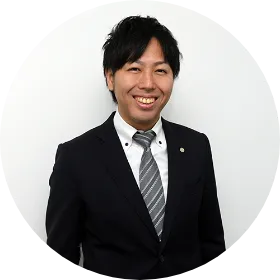
- Ryota Yanagimoto
- Administrative Scrivener/Judicial Scrivener
At the age of 24, he passed the national examinations for judicial scrivener, administrative scrivener, and wage service manager at the same time.
While working as a full-time lecturer at a major prep school, he independently opened a legal office related to judicial scriveners and administrative scriveners,
and he has experience as a judicial scrivener and an administrative scrivener for more than 15 years so far.
He has been actively contributing to various industries such as publicly listed companies, real estate companies, financial institutions, elderly care services, and professional organizations by conducting seminars, lectures, and talks.
And now he has a record of over 60 presentations so far.
Furthermore, as the president of a Japanese language school announced by the Ministry of Justice and Acts, and an advisor to a real estate company (capable of handling foreign clients),
he has been involved in various aspects of industries related to foreigners.
It is recommended to consult with experts when it comes to visas, naturalization, and residency matters.

Our office has specialized experts in visa and naturalization applications who are available to assist with free consultations (limited to the first session) and inquiries related to various visa applications and naturalization applications.
Additionally, we have foreign staff proficient in English, Chinese, and Korean languages with specialized knowledge, and they are present to provide support. They can accommodate consultations and inquiries in each language. Feel free to use our free consultation and inquiry services from here.



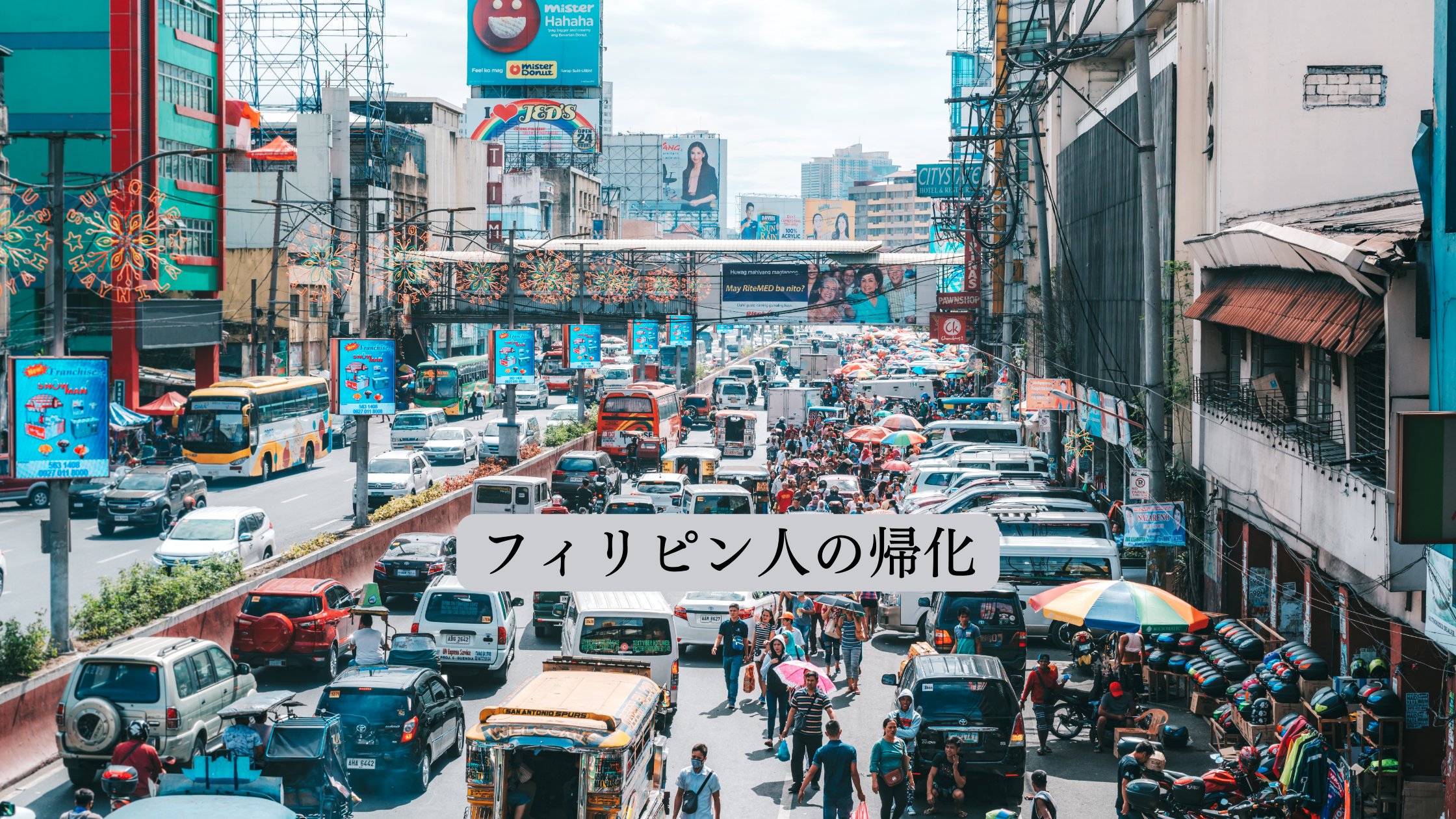



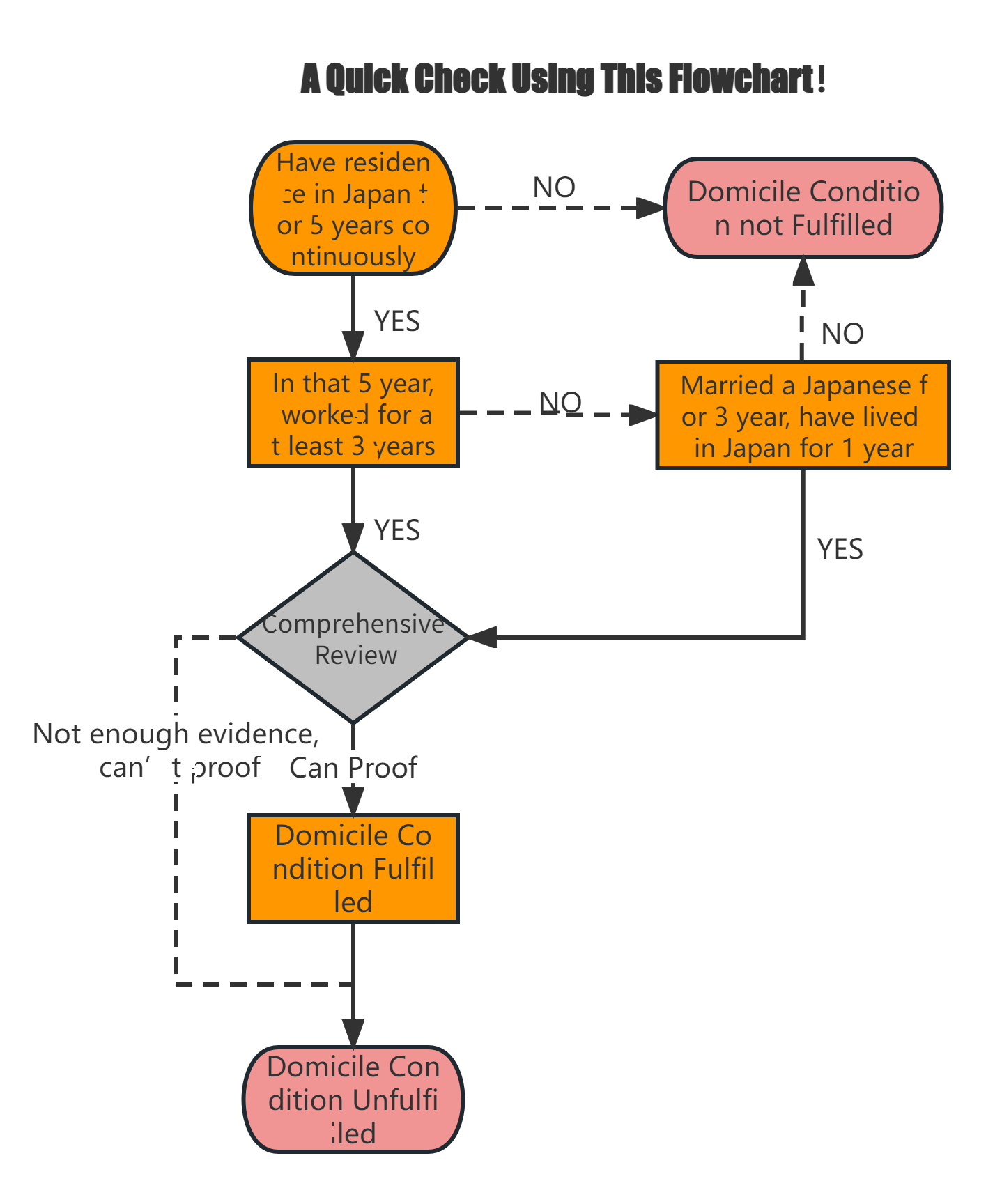

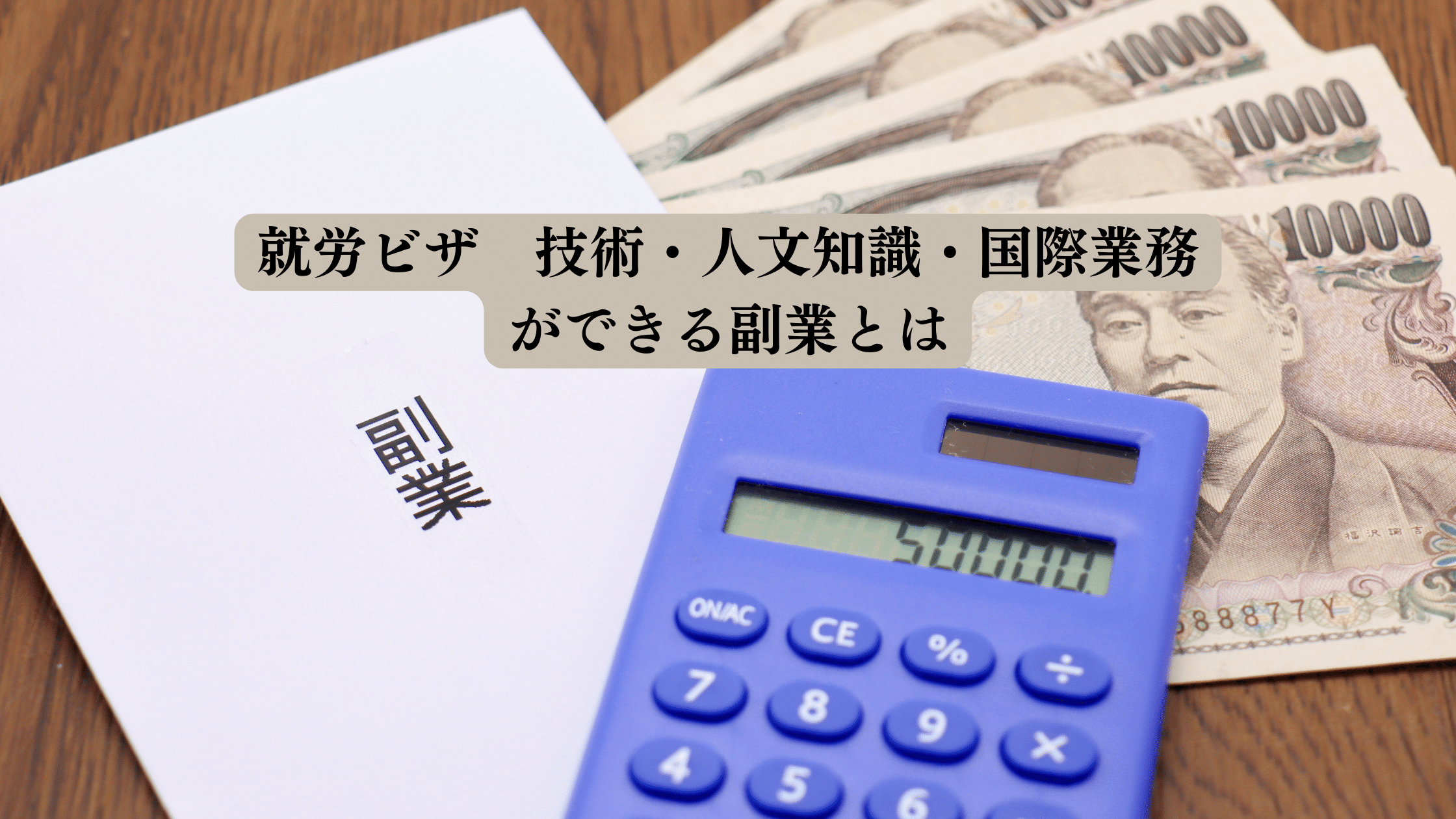







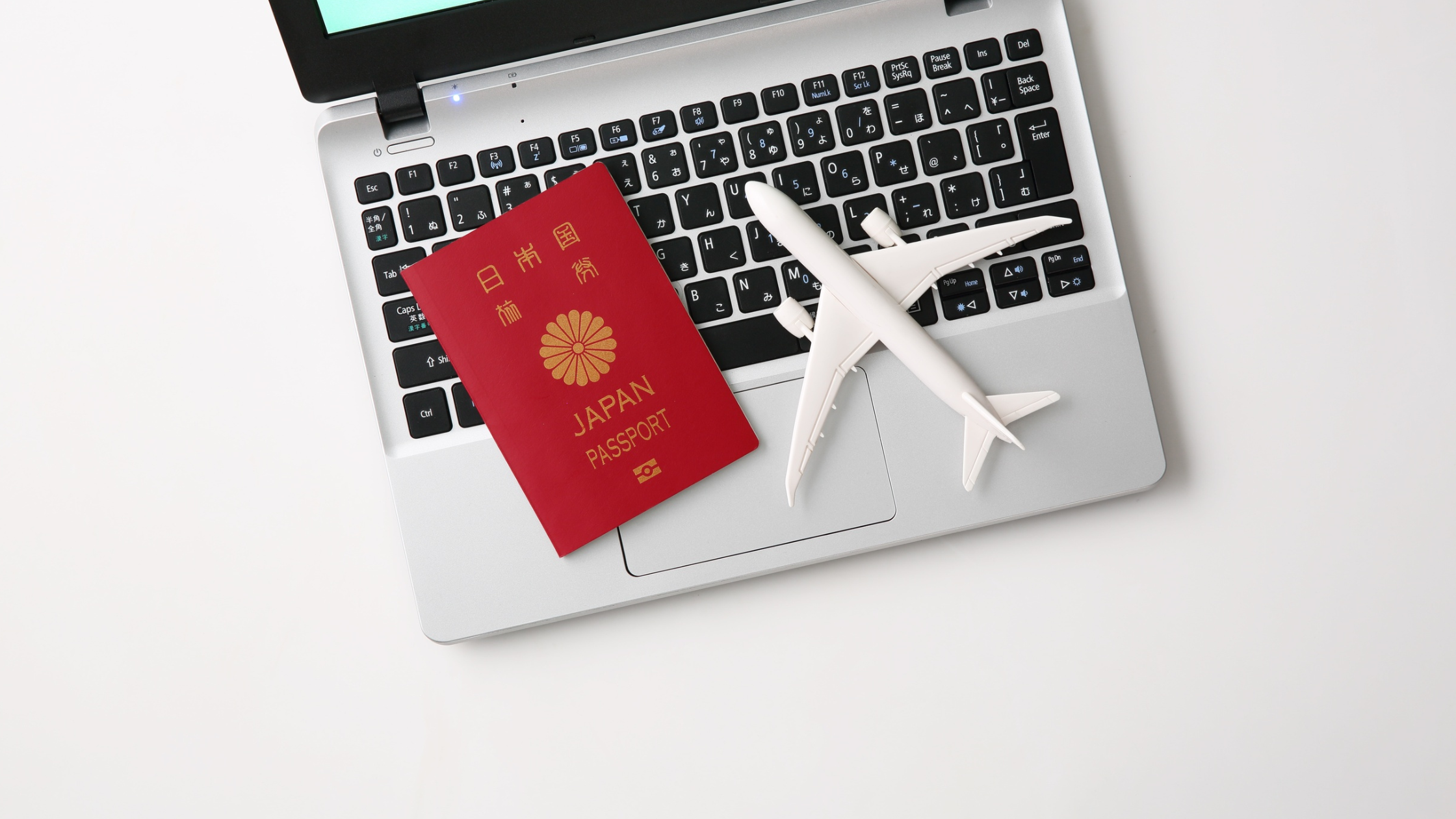





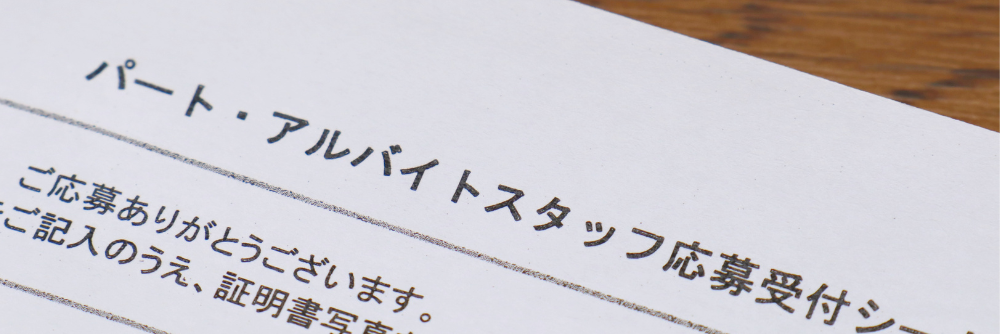



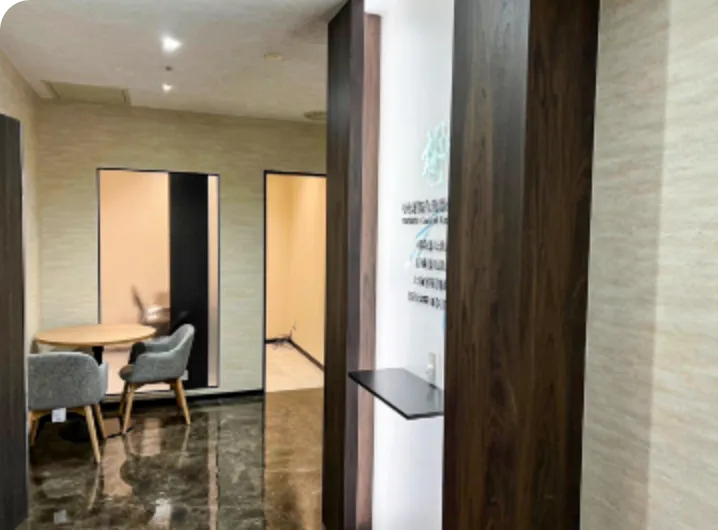
 0120-138-552
0120-138-552 Free
Consultation
Free
Consultation Contact Us
Contact Us